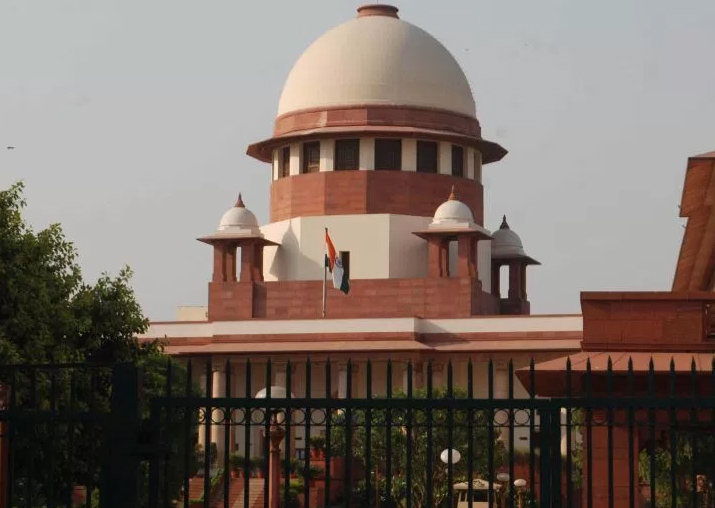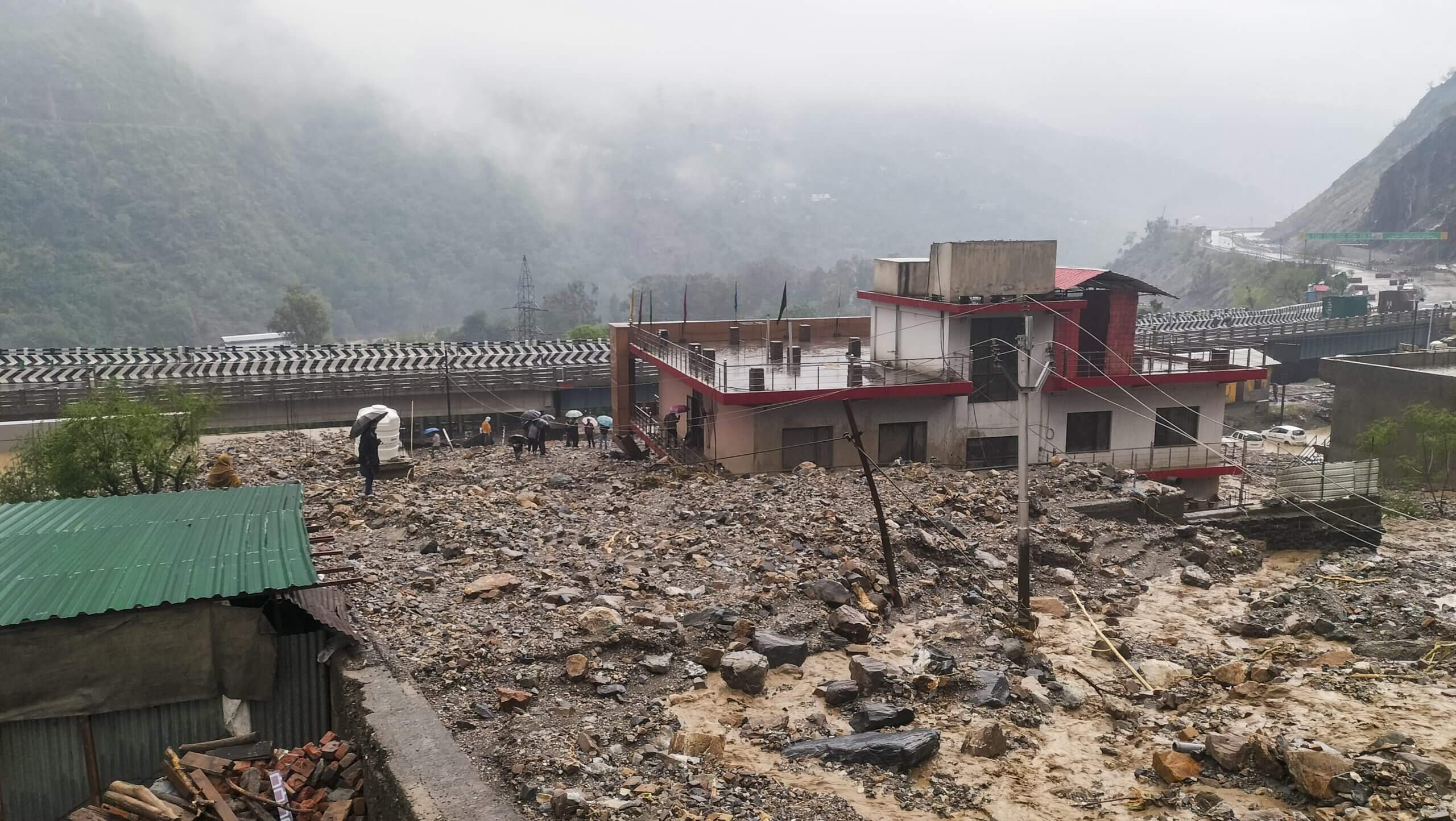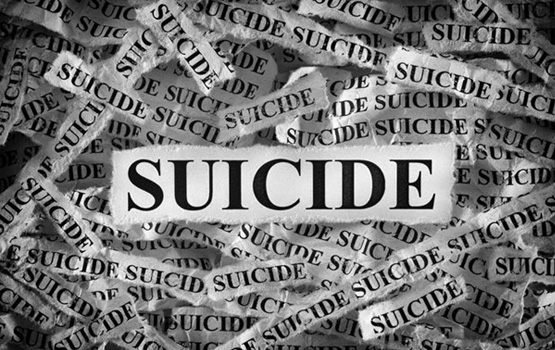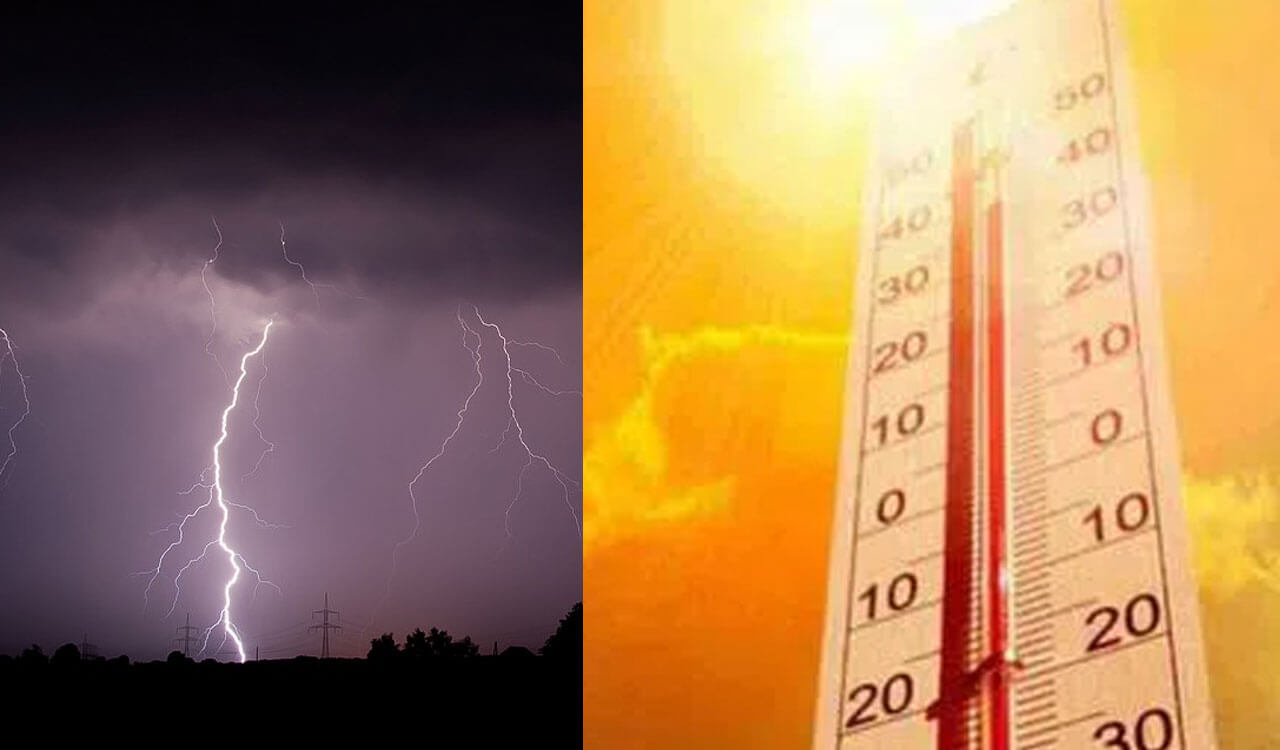Supreme Court issues notice to Tamil Nadu government on PETA plea against jallikattu
Mon 06 Nov 2017, 15:26:24

The Supreme Court on Monday issued a notice to the Tamil Nadu government on a petition filed by the People for Ethical Treatment of Animals (PETA) to quash the new jallikattu law passed by the Tamil Nadu Assembly. The law brought bulls back into the fold of ‘performing animals’ and opened the gates for the conduct of the popular bull-taming sport in the name of culture and tradition despite a 2014 ban by the Supreme Court.
A Bench, led by Chief Justice of India Dipak Misra, gave the government four weeks to respond to the petition, which is annexed with videos of brutal treatment of bulls in jallikattus held across five regions of the State. It has tagged the petition with others filed against the jallikattu law.
Investigation report
PETA has included an investigation report containing videos and photographs of jallikattus conducted in February 2017 in Avaniapuram, Palamedu and Alanganallur in Madurai district; Thirunallur in Pudukkottai district and Maravapatti in Dindigul district.
The Supreme Court has so far refused to stay the Tamil Nadu law — Prevention of Cruelty to Animals (Tamil Nadu Amendment) Act of 2017 and Prevention of Cruelty to Animals (Conduct of Jallikattu) Rules of 2017.
PETA said its probe “re-confirmed” that “jallikattu takes advantage of bulls’ natural nervousness as prey animals by deliberately placing them in a terrifying situation in which they are forced to run away from those they rightly perceive as dangerous and a threat to their lives.”
“The evidence in the form of photographs and video footage demonstrates that collapsed bulls were violently forced to their feet instead of provided veterinary care or rest; bulls sustain broken
tails; are stabbed and jabbed with weapons; are hit and jumped on; are tackled; have their nose ropes yanked so hard it draws blood; and are treated in other cruel ways; Such abuse at jallikattu events leads to severe injuries, including broken bones, and even the death of humans and bulls,” the PETA petition said.
tails; are stabbed and jabbed with weapons; are hit and jumped on; are tackled; have their nose ropes yanked so hard it draws blood; and are treated in other cruel ways; Such abuse at jallikattu events leads to severe injuries, including broken bones, and even the death of humans and bulls,” the PETA petition said.
'Five freedoms violated'
It contended that the 2017 Jallikattu Act and Rules violated the five internationally recognised freedoms — the freedom from hunger, malnutrition and thirst; freedom from fear and distress; freedom from physical and thermal discomfort; freedom from pain, injury and disease; and freedom to express normal patterns of behavior.
“The five freedoms are recognised by the World Health Organisation for Animal Health, of which India is a member,” it said.
In 2017 itself, subsequent to the passing of the new Jallikattu Act, at least five bulls and 15 people have died (including participants, spectators and even a member of the police force) and over 1,948 people injured at events, notably at Rapoosal village of Pudukkottai district (two killed and 129 injured in Janury 22), at Kansapuram village near Srivilliputhur in Virudhunagar district (one policeman gored to death on January 23); at Bargur town, Krishnagiri district (two killed); at Rayakottai in Krishnagiri district (one killed); at Sivaganga in 11 Madurai District (one killed); at Thoothukudi (one killed) and at Alanganallur in Madurai district (74 injured).
The Act and rules were enacted despite the Supreme court judgment in Animal Welfare Board of India versus A. Nagaraja case which banned jallikattu as cruelty and held it violative of Sections 3 and 11 of the Prevention of Cruelty to Animals Act, 1960.
No Comments For This Post, Be first to write a Comment.
Most viewed from National
Most viewed from World
AIMIM News
Latest Urdu News
Most Viewed
May 26, 2020
Do you think Canada-India relations will improve under New PM Mark Carney?
Latest Videos View All
Like Us
Home
About Us
Advertise With Us
All Polls
Epaper Archives
Privacy Policy
Contact Us
Download Etemaad App
© 2025 Etemaad Daily News, All Rights Reserved.







.jpg)
.jpg)

































